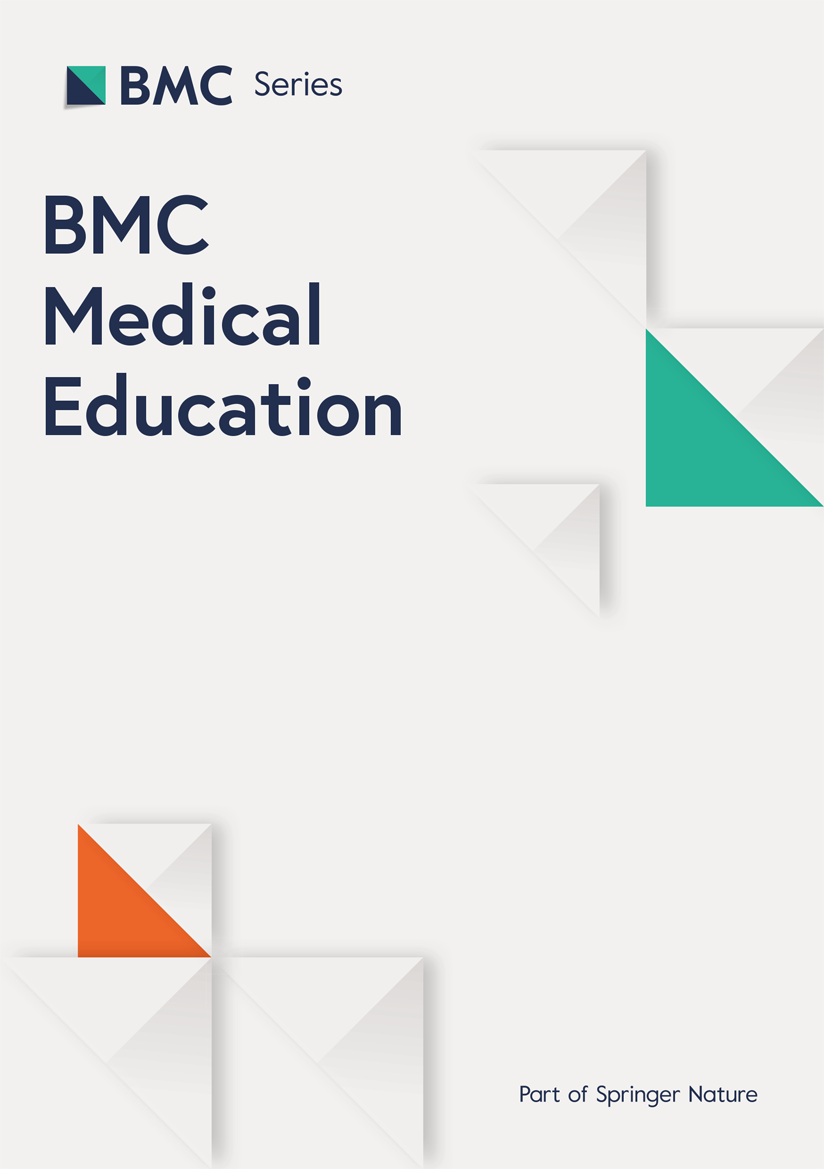Staff training in Youth Mental Health First Aid

After observing a noticeable increase in mental health concerns among their students, Waverley College in Sydney, New South Wales, decided to take a bold and proactive step forward. Here, Head of Wellbeing James Horrocks shares how the school trained every staff member – from teachers and administrators to support staff – as a Youth Mental Health First Aider.
Australian students are facing greater mental health challenges than ever before, and school staff are on the frontlines. With approximately 560,000 children aged between 4 and 17 experiencing mental health problems each year (BlackDog, 2016), it has never been more important for school staff to be educated, aware, and equipped to handle these challenges head-on.
At Waverley College in Sydney, teachers across all year levels observed a noticeable increase in mental health concerns among our students, so we decided to take a bold and proactive step forward; we trained every single staff member – from teachers and administrators to support staff – as a Youth Mental Health First Aider (YMHFA).
A YMHFA is a staff member trained to recognise the early signs of mental health challenges in young people and provide initial support. They are equipped with the knowledge and skills to listen without judgement, offer reassurance, and guide students toward appropriate professional help. Similar to physical first aid, YMHFA training empowers staff to intervene early, ensuring students receive the care they need before issues escalate.
In 2017 Waverley moved to a vertical House Based pastoral care system. At the end of that year all Heads of Houses and members of the Wellbeing Team were trained in YMHFA. The following year, the wider rollout to all staff began.
Training was delivered by one of our own college psychologists who we supported to gain qualifications as a trainer in YMHFA. She then rolled out the training to all college staff. We have recently supported another of our college psychologists through gaining these qualifications to continue this training with all staff at the college.
The impact has been profound, radically transforming attitudes towards mental health across our wider school community; it has also been particularly important post-pandemic. Here are the improvements we’ve seen since.
Increased awareness and early intervention
One of the most significant benefits of training all staff in YMHFA is the heightened ability to identify early signs of mental health struggles. While teachers are often the first to notice changes in student behaviour, support staff such as teachers’ aides and administration staff are also uniquely positioned to detect when something may be cause for concern.
YMHFA works seamlessly within a multi-tiered support framework, enabling the entire school community to collaborate in order to provide students with personalised support. Our experience has been that early intervention prevents minor concerns from escalating into major issues, ensuring students are connected with the right help – whether through school psychologists, medical professionals, or community-based wellbeing initiatives – before their situation worsens.
Addressing the key mental health challenges
Regardless of whether a school is all-boys, all-girls, or co-ed, it is vital that staff understand the unique challenges their students face. For example, as an all-boys school, Waverley College tailored its Wellbeing Framework and YMHFA approach to address the specific mental health challenges faced by boys and young men.
We learned that it was important for our staff to know that anxiety and depression can manifest differently in boys than in girls, often presenting as irritability, aggression, or risk-taking behaviours rather than more internalised expressions of distress.
Ensuring that our staff had a clear understanding of what mental health challenges look like in boys was the first step to providing greater wellbeing support for our students. With students spending a significant portion of their week at school, staff can often notice changes in behaviour and wellbeing.
By considering your students and the unique factors that may influence their experience of mental health, school leaders can ensure that staff are equipped to recognise mental health issues that might otherwise be misinterpreted or overlooked.
Breaking the stigma
Although discussions around mental health are more common than ever, stigma remains a significant barrier to students seeking support. While YMHFA equips staff with the tools to respond to mental health concerns, it also helps to build a culture where these conversations are normalised.
At Waverley, creating a shared language and understanding around mental health has made students feel more comfortable discussing their feelings and seeking help when needed. Likewise, staff feel empowered to address mental health topics they may have previously avoided, reinforcing an environment where students are known and supported.
By creating a safe, supportive environment, students can begin to embrace the topic of mental health. We’ve seen this transformation first-hand, where traditional stereotypes around masculinity played a role in discouraging boys from opening up about their emotions. Since implementing our YMHFA initiative, however, students have begun organising wellbeing events, including a dedicated evening to educate their peers and parents on seeking mental health support.
School psychologists have also reported an increase in students self-referring for mental health support – an encouraging sign that students feel more comfortable accessing the help available to them. This shift demonstrates that when staff model positive mental health behaviours, students follow suit.
Creating a whole-school approach to wellbeing
A whole-school approach to mental health ensures that every student receives the social, emotional, and academic support they need to grow, be challenged, and feel both known and valued. In our whole-school approach, teachers, heads of house, school psychologists, and support staff collaborate closely, creating a culture where students feel seen, heard, and supported in every aspect of their development.
This close collaboration involves:
- Daily wellbeing sessions called CCC (Connection, Culture and Communications) with teacher mentors as a regular touchpoint with students.
- Creation and utilisation of consistent supports and processes to support student wellbeing through our new Wellbeing Framework. This is complemented by the development of a common language and understanding of key terms, such as what it means to be ‘known’, ‘valued’ and ‘challenged’.
- Regular Pastoral Care meetings where student supports and needs are discussed and the best course of action reviewed and planned.
- Regular meetings between the Head of Student Wellbeing, College Nurse and Psychologist team to identify current trends in student physical and mental health.
- Assisting to identify and proactively act on emerging trends and issues before they escalate.
We’ve found that by working together, staff can ensure that students have the tools to succeed academically, while simultaneously receiving the support needed to thrive emotionally and socially, improving their educational outcomes and creating a thriving school community.
At Waverley College, the tools we equip students with are centred around the 5 domains of social and emotional learning: self-awareness; self-management; responsible decision-making; relationship skills; and social awareness. The skills staff have gained through Youth Mental Health First Aid serve to complement this approach directly.
Participants are trained in the specific signs, risk factors and symptoms of common mental health issues in young people such as depression, anxiety and eating disorders.
On top of this they are given practical strategies such as the ALGEE (Approach, Listen, Give, Encourage, Encourage) approach to having a mental health conversation.
The benefits of YMHFA training at Waverley College have been far-reaching, impacting both staff and students in profound ways. We have created a school culture where wellbeing is prioritised, and students feel genuinely supported. For other schools considering a similar approach, investing in YMHFA training can be a transformative step toward building a healthier, more resilient student body.
References
Black Dog Institute. (2016). Prevention of depression and anxiety in Australian schools.
link







